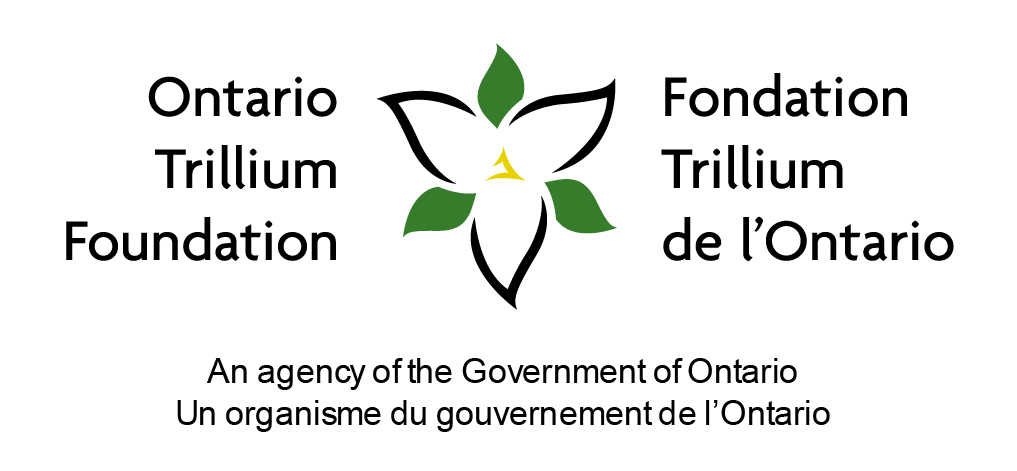Caregiving is a demanding and often under recognized role that involves providing physical, emotional, and sometimes financial support to a loved one who is unable to fully care for themselves. This is also a role that is unconditional love and so rewarding.
It’s Physically and Emotionally Taxing: Caregiving can take a toll on a caregiver’s physical and emotional well-being. The responsibilities of caregiving can be physically demanding, requiring lifting, bathing, and other tasks that can lead to physical strain. Additionally, the emotional toll of witnessing a loved one’s decline in health or cognitive abilities, coupled with the stress of managing their care, can lead to burnout, anxiety, depression, and other mental health challenges.
It’s a Full-Time Job: Caregiving often requires a significant time commitment, sometimes even surpassing the demands of a full-time job. Caregivers may need to be available around the clock to attend to their loved one’s needs, manage medications, accompany them to appointments, and provide emotional support. This can make it difficult for caregivers to balance their caregiving responsibilities with other aspects of their lives, such as work, family, and personal interests.
It Can Be Isolating: Caregiving can be a lonely experience, especially if caregivers lack a support network or opportunities for respite. Many caregivers find themselves spending long hours alone with their loved one, which can lead to social isolation and feelings of loneliness. Additionally, caregivers may struggle to maintain relationships with friends and family members due to the demands of caregiving.
It’s Financially Straining: Caregiving often comes with financial burdens, including out-of-pocket expenses for medical supplies, medications, home modifications, and other caregiving-related costs. In addition, many caregivers may need to reduce their working hours or leave their jobs entirely to fulfill their caregiving responsibilities, resulting in loss of income and financial instability.
It Requires Advocacy: Caregivers often find themselves navigating complex healthcare systems, coordinating with multiple healthcare providers, and advocating for their loved one’s needs. This can be a daunting task, especially for caregivers who are unfamiliar with medical terminology or procedures. Effective advocacy involves being informed, assertive, and persistent in ensuring that your loved one receives the care and support they need.
It’s a Labor of Love: Despite the challenges and sacrifices involved, many caregivers find fulfillment and purpose in their role. The opportunity to make a positive difference in their loved one’s life, to provide comfort and companionship, and to honor their relationship is deeply rewarding for many caregivers. The bond that forms between caregivers and their loved ones can be incredibly meaningful and life-affirming.
Overall, caregiving is a complex and multifaceted experience that encompasses both challenges and rewards. It’s important to recognize and support the invaluable contributions of caregivers and to advocate for policies and resources that alleviate the burdens they face. Providing caregivers with access to support services, respite care, financial assistance, and emotional support can help lighten their load and improve their quality of life.



